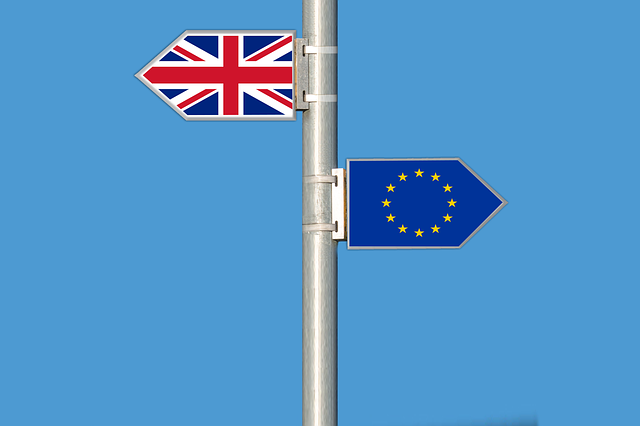How the UK and the UAE can help bolster each other’s startup sectors
- Much of the investment and interest by regional funders and policymakers has been unidirectional
- Inbound programs to attract top international startups providing market access should be a priority
Tahseen Consulting's Chief Operating Officer Wes Schwalje was interviewed by Arabian Business to discuss the UAE's growing appetite to build major start-up investment ties with the United Kingdom. Schwalje offers his expertise to explain how the UK and the UAE can help bolster each other’s start up sectors in terms of funding, deal flows, mentoring and expansion and access. You can read the full article here.
Expansion and Access
There are currently a number of initiatives to promote cross-ecosystem entrepreneurship mobility. Inbound programs to attract top international startups providing market access, guidance on localization, and, in some cases, investment, are a primary strategy. Programs like Dubai Future Accelerators and the recently launched Hub 71 are good examples.
These programs are modeled after Start-up Chile which pioneered this modeled a decade ago to establish a national culture of entrepreneurship and position Chile as the hub of innovation. The UAE’s FinTech sandboxes at the Dubai International Financial Center and the Abu Dhabi Global Market are also examples of this inbound strategy. While UK startups have participated in these programs, their numbers have been eclipsed by startups from other competing startup hubs.
There is significant room for more cross-ecosystem partnerships between accelerators in the UK and UAE to promote more awareness about market opportunities in the MENA.
However, for many global tech companies, the MENA remains a non-priority since there is not a lot of awareness about opportunities in the region and access to the UAE does not necessarily guarantee smooth scaling to other regional countries.
Funding and Deal Flows
The recent announcement by Saudi Arabia’s Public Investment Fund that it will open offices in New York, San Francisco, and London as well as Mubadala’ s pioneering move to open offices in Silicon Valley and New York are signs that a combination of investment and more aggressive pipeline development is needed to attract top global startups. The Vision Fund, which has attracted the attention of some of the biggest startups in the world to the region, has not placed many investments in UK companies. These overseas office look likely to change that.
The Gap
A key weakness that remains in the UAE ecosystem is developing initiatives which enable globally competitive UAE startups and small and medium-sized enterprises to access global markets like the UK. Much of the investment and interest by regional funders and policymakers has been unidirectional with a focus on providing access to global tech startups to the UAE. A rare exception to this is Pitch@Palace.
Key to getting more UAE companies to think global is exposing policymakers to startup hubs to learn from their experiences.
We need to be ramping up outbound programs for UAE companies to attain access to global entrepreneurship ecosystems like the UK where they can find funding and customers to go global. This is potentially a significant area where the UK entrepreneurship ecosystem needs to step up so that the relationship is viewed as so one sided.
















































